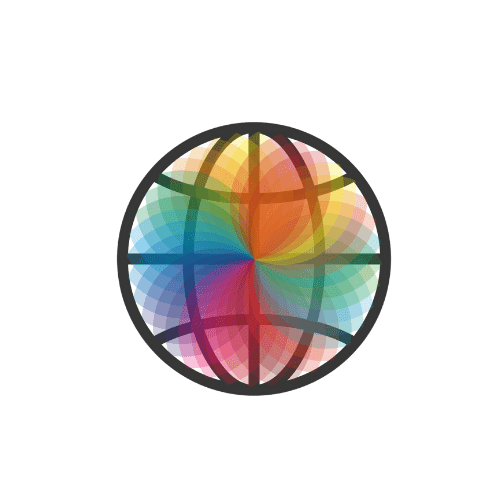October 28, 2021
21Wilberforce, the Loeb Institute at George Washington University, and Genocide Watch recently held an event to introduce the Religious Freedom Data Spectrum, a new initiative that will collect, map, and connect diverse religious freedom data US Commission on International Religious Freedom Supervisory Policy Analyst Scott Weiner also shared remarks on USCIRF’s country ranking system and the importance of examining the broad spectrum of data in advocacy work for the freedom of religion or belief.
Demonstrating in one place the diversity of data sources undermines narratives that religious freedom is a single religion or single ideology concern.International Religious Freedom is a multi-ideology, multi-faith, and multi-nation issue. Unfortunately, many times people see only one side of this issue. Organizations often primarily reach out to specific audiences that fit with their ideology, limiting the understanding of the broad spectrum of ways that people work on this fundamental human right. To counter the threats of low-quality information and increased polarization, it is vital that the international religious freedom sector maintains its multi-worldview salience.
Bringing together and mapping diverse data sources provides for more interaction of data sets by academics, NGOs, policymakers, and legislators looking for quick access to data for reports, regulations, papers, and legislation. Additionally, gaps can be identified in issue-specific, religion-specific, or type of data, and opportunities for new data collection will be explored.
The project is hosted on the 21Wilberforce Freedom Center, the central hub where the IRF community, analysts, and political decision-makers compare geospatial data and analytical perspectives from a wide range of politically and socially diverse organizations that evaluate and rank countries according to criteria related to religious freedoms and restrictions. Viewers will be able to broaden their perspectives on international religious freedom by comparing and contrasting the various sets of data hosted in the project. The project shows the breadth of ideologies that are working on Freedom of Religion and Belief-based rights, while also showing the gaps. By visualizing and understanding the spectrum of perspectives and interpretations of diverse human rights, advocacy, and stakeholder representatives, viewers are equipped to make more effective and informed decisions.
Learn more here.

